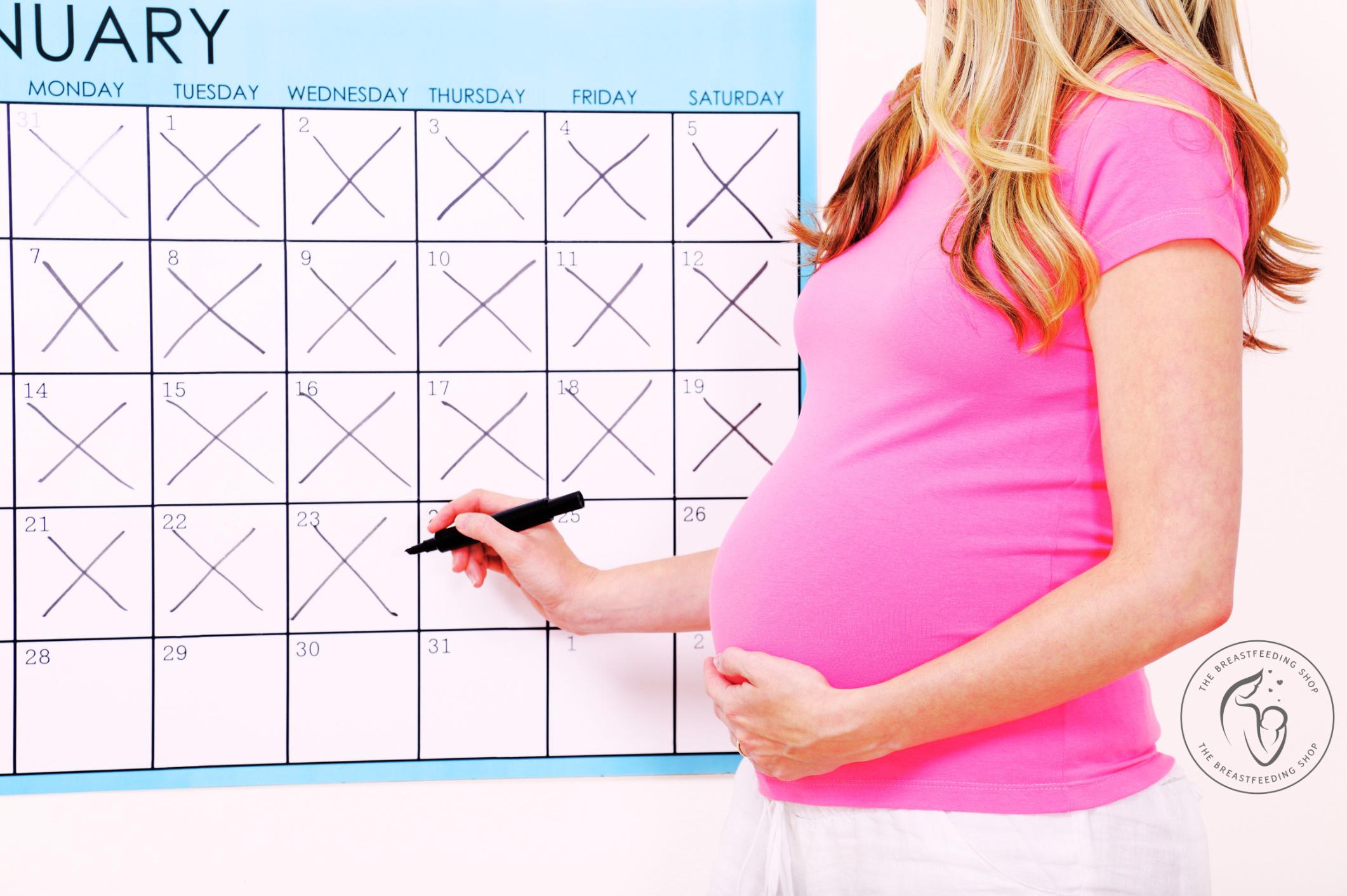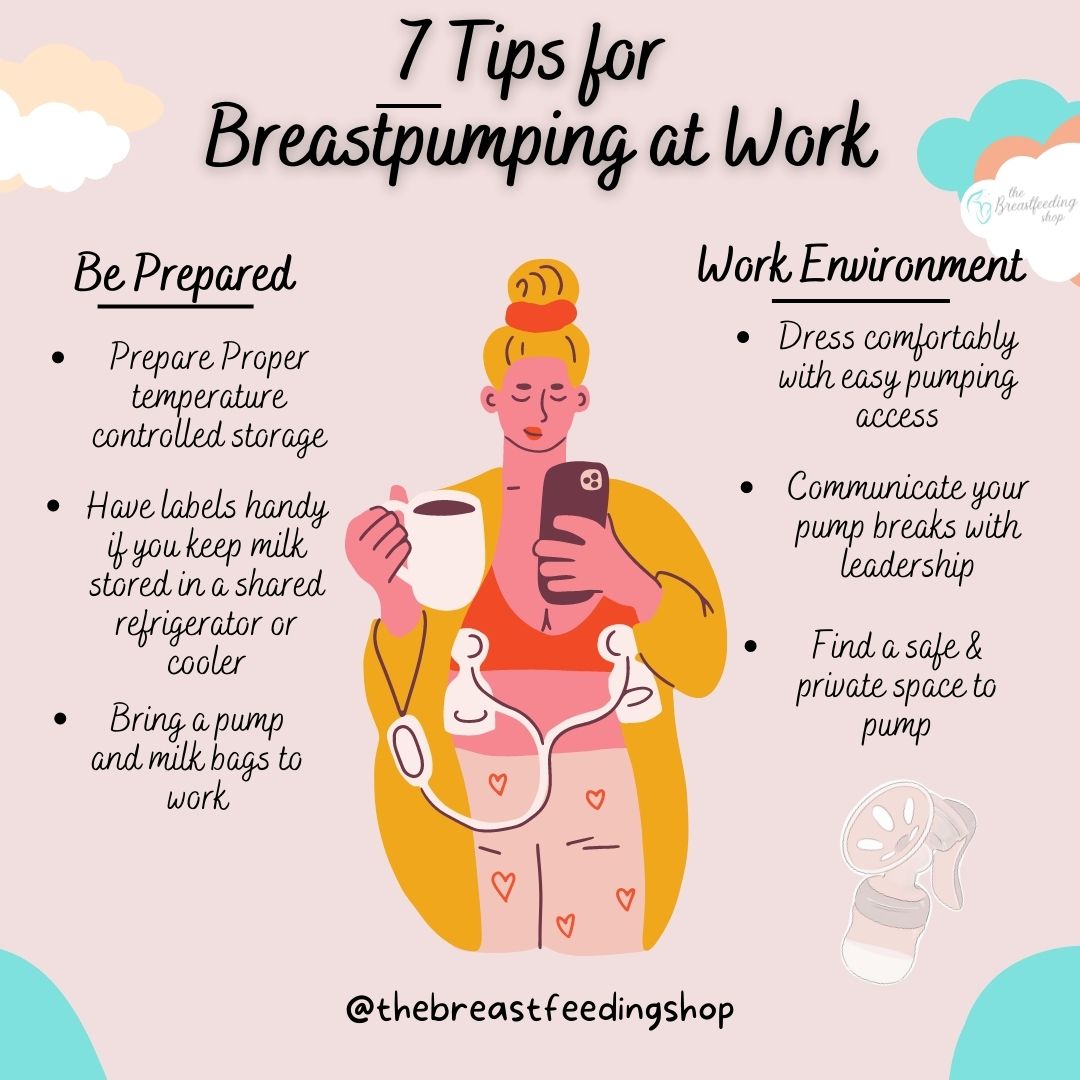Note: Everyone has their own experiences with any procedure. Below are just some C-section recovery tips to take into consideration when you recover. Always consult with your provider on your specific recovery needs.
Childbirth is an exciting and overwhelming time. You finally get to meet the baby who’s been growing inside of you for the last nine months. However, having a baby takes a major toll on your body, especially if you’ve had a cesarean delivery (C-section). You’ll need more time to recover than you would have after a routine vaginal delivery.
Here are five suggestions to speed up your recovery so you can spend less time sore and tired, and more time bonding with your new baby. We hope that these C-section recovery tips help.
4 C-section Recovery Tips
1. Get Plenty of Rest
A C-section is major surgery. Just like with any other surgery, your body needs time to heal afterward. Expect to stay in the hospital for three to four days after your delivery (longer if there are complications), and give your body up to six weeks to fully heal.
It’s hard to crawl into bed for hours on end when you have a baby who is demanding lots of attention. You’ve probably heard the advice from well-meaning friends and relatives: “Rest whenever your baby rests.” They’re right. Try to sleep whenever your baby naps. Ask those friends and relatives for help with diaper changes and housework so you can lie down when possible. Even a few minutes of rest here and there throughout the day can help.
2. Baby Your Body
Take extra care in getting around while you heal. Avoid going up and down stairs as much as you can. Keep everything you need, like diaper changing supplies and food, close to you so that you don’t have to get up too often. Don’t lift anything heavier than your baby. Ask for help from your spouse or a friend or family member. Whenever you have to sneeze or cough, hold your abdomen to protect the incision site.
It could take up to eight weeks for you to get back into your normal routine. Ask your doctor when it’s OK to exercise, go back to work, and drive. Also wait to have sex or use tampons until your doctor gives you the green light.
Avoid strenuous exercise, but do take gentle walks as often as you can. The movement will help your body heal and prevent constipation and blood clots. Plus, walks are a great way to introduce baby to the world.
Just as you take care of your physical health, don’t forget about your emotional health. Having a baby can bring up feelings you never expected. If you feel exhausted, sad, or disappointed, don’t ignore it. Talk about your emotions with a friend, your partner, your doctor, or a counselor.
3. Relieve Your Pain
Ask your doctor what pain medicines you can take, especially if you’re breastfeeding. Depending on the level of your discomfort, the doctor might prescribe a pain reliever or advise you to take an over-the-counter NSAID (Advil, Motrin) or acetaminophen (Tylenol). In addition to pain medicine, you can use a heating pad to relieve discomfort at the surgical site. Additionally, some maternity compression garments may help with pain reduction.
4. Ensure Good Nutrition
Good nutrition is just as important in the months after you deliver as it was while you were pregnant. If you’re breastfeeding, you’re still your baby’s primary source of nutrition. Eating a variety of foods will keep your baby healthy and help you get stronger. Research shows that eating vegetables while breastfeeding imparts flavors in breast milk that increase your child’s enjoyment and consumption of those vegetables as they grow!
Drink plenty of fluids, especially water. You need extra fluids to boost your breast milk supply and to avoid constipation.
As always, if you are concerned about your recovery please contact your physician.





